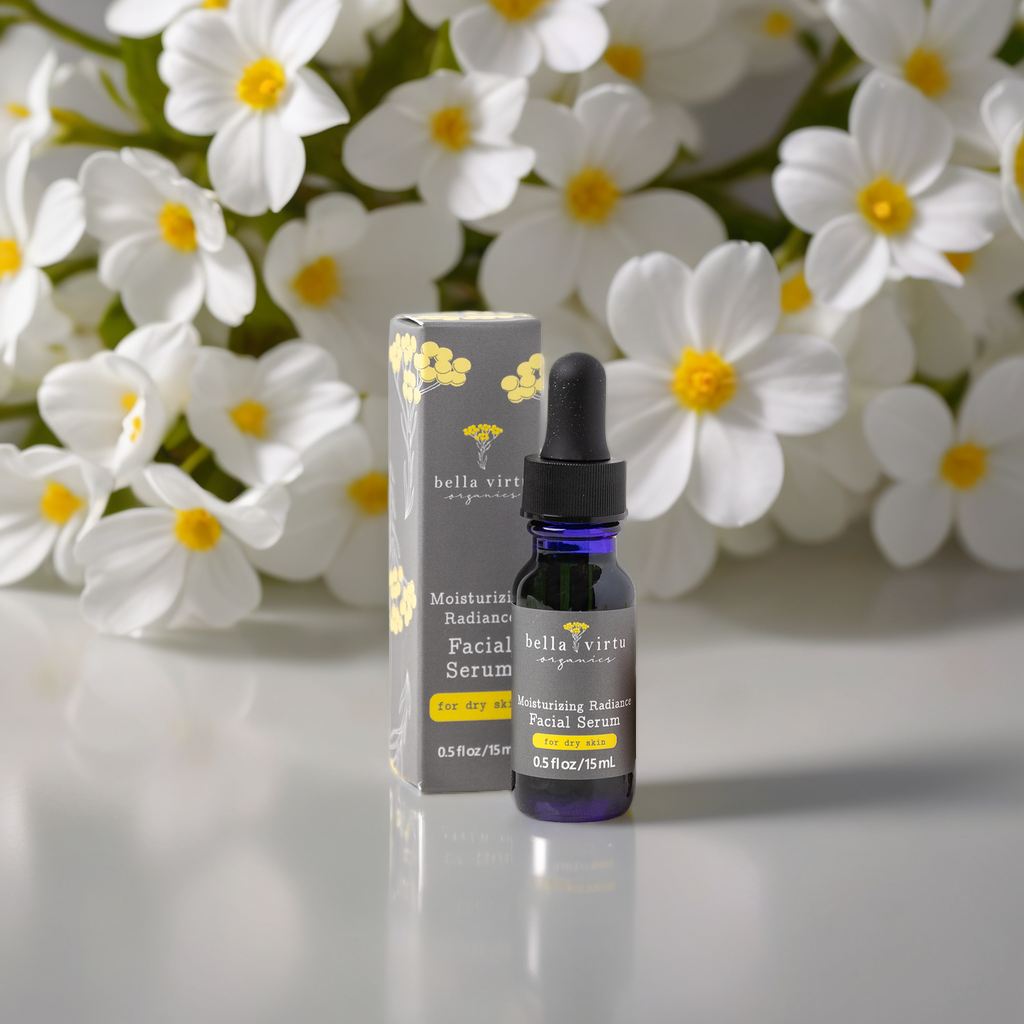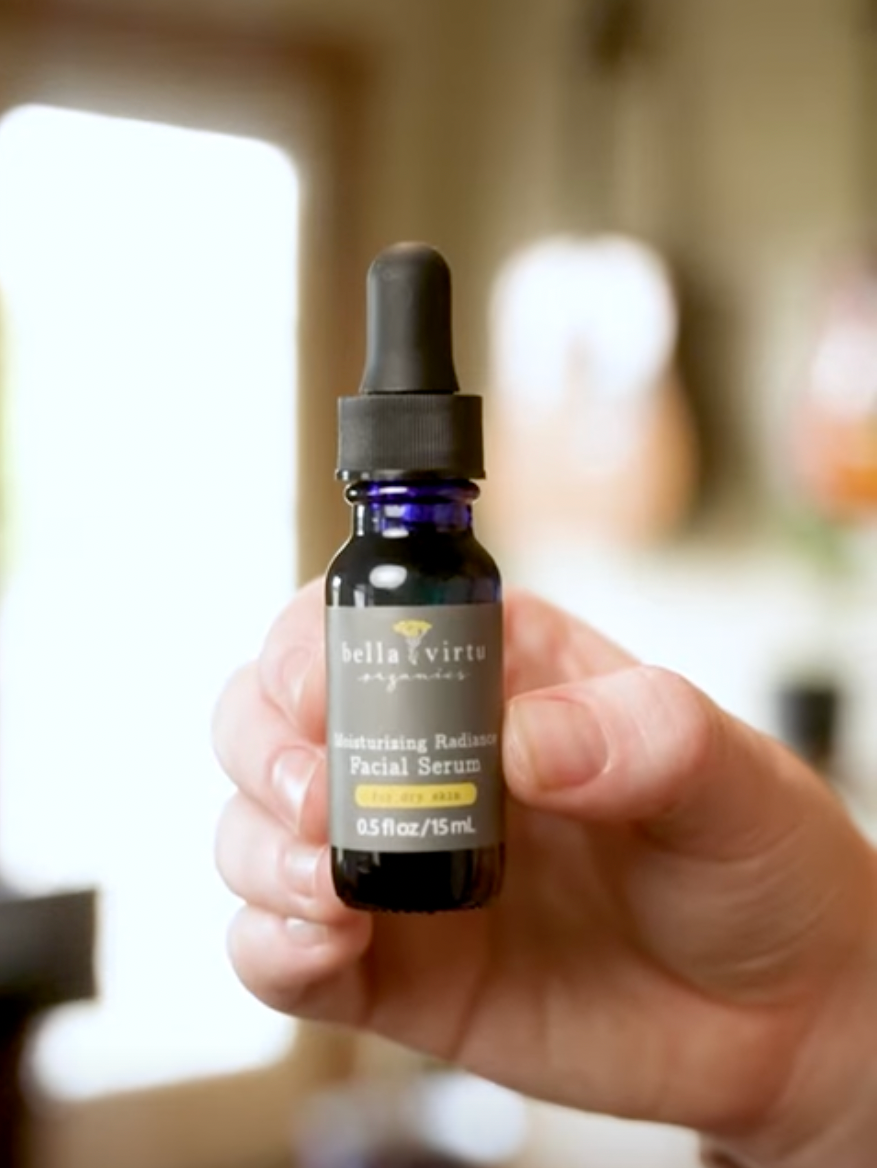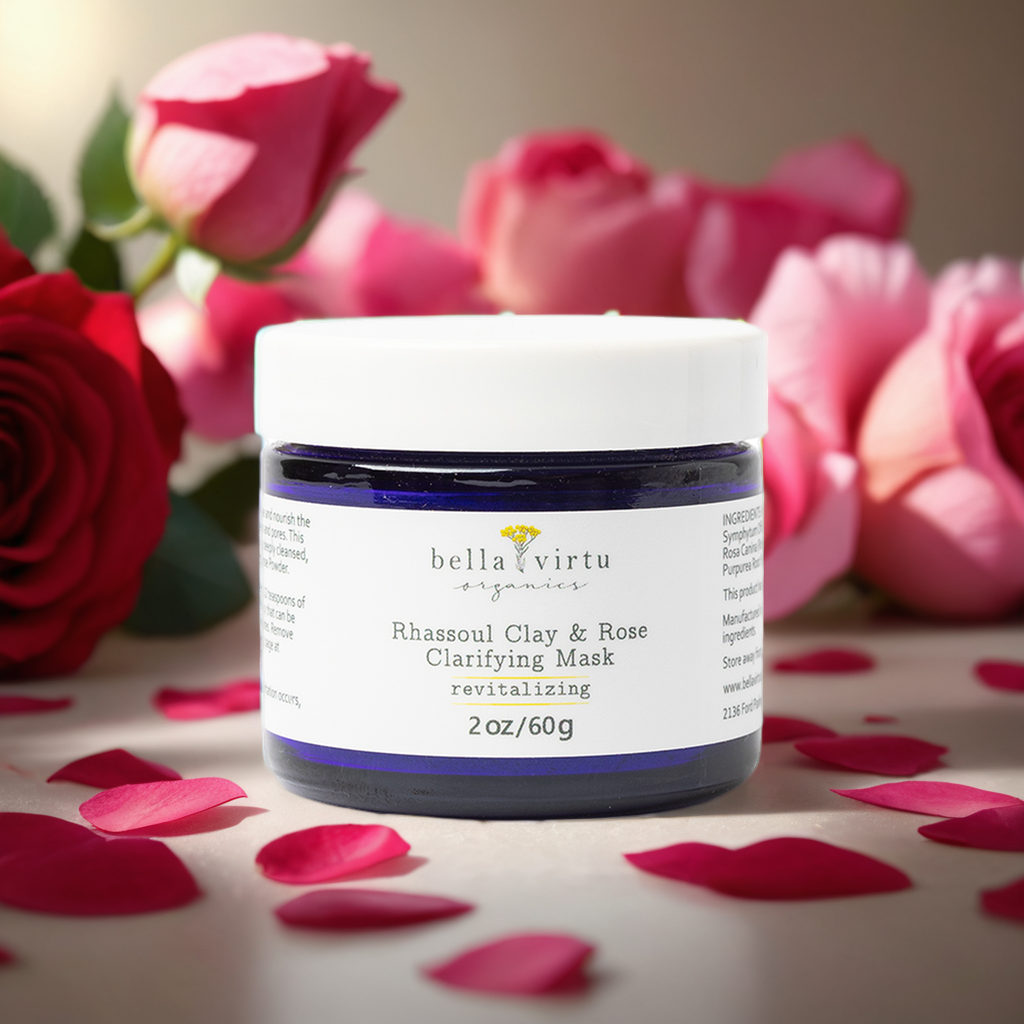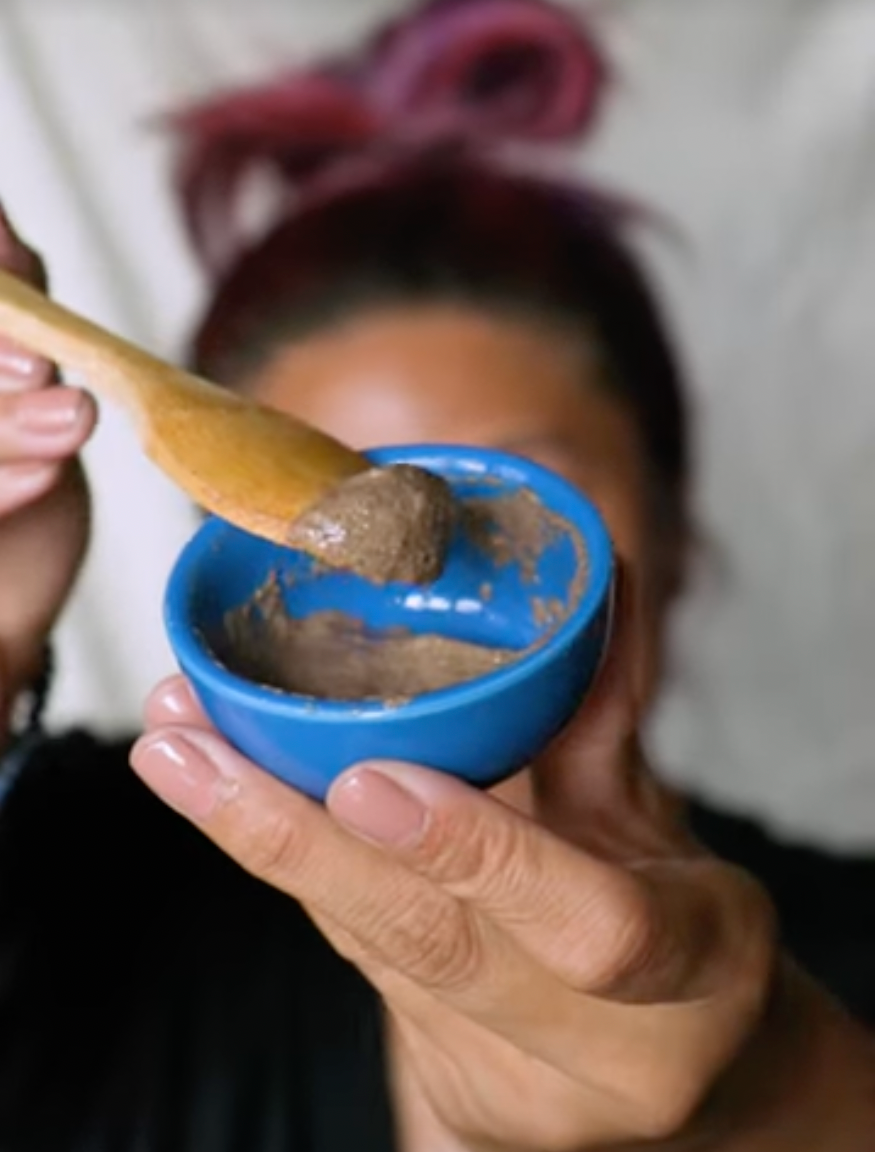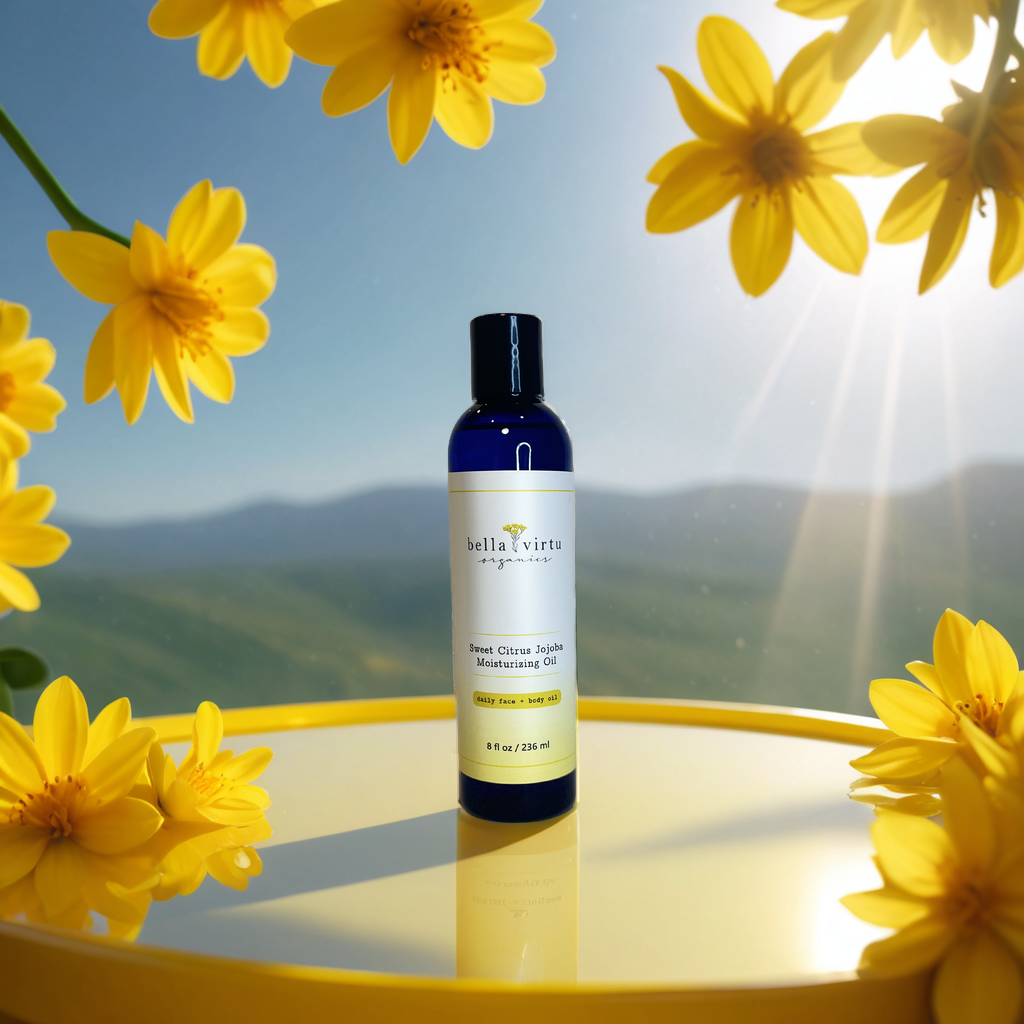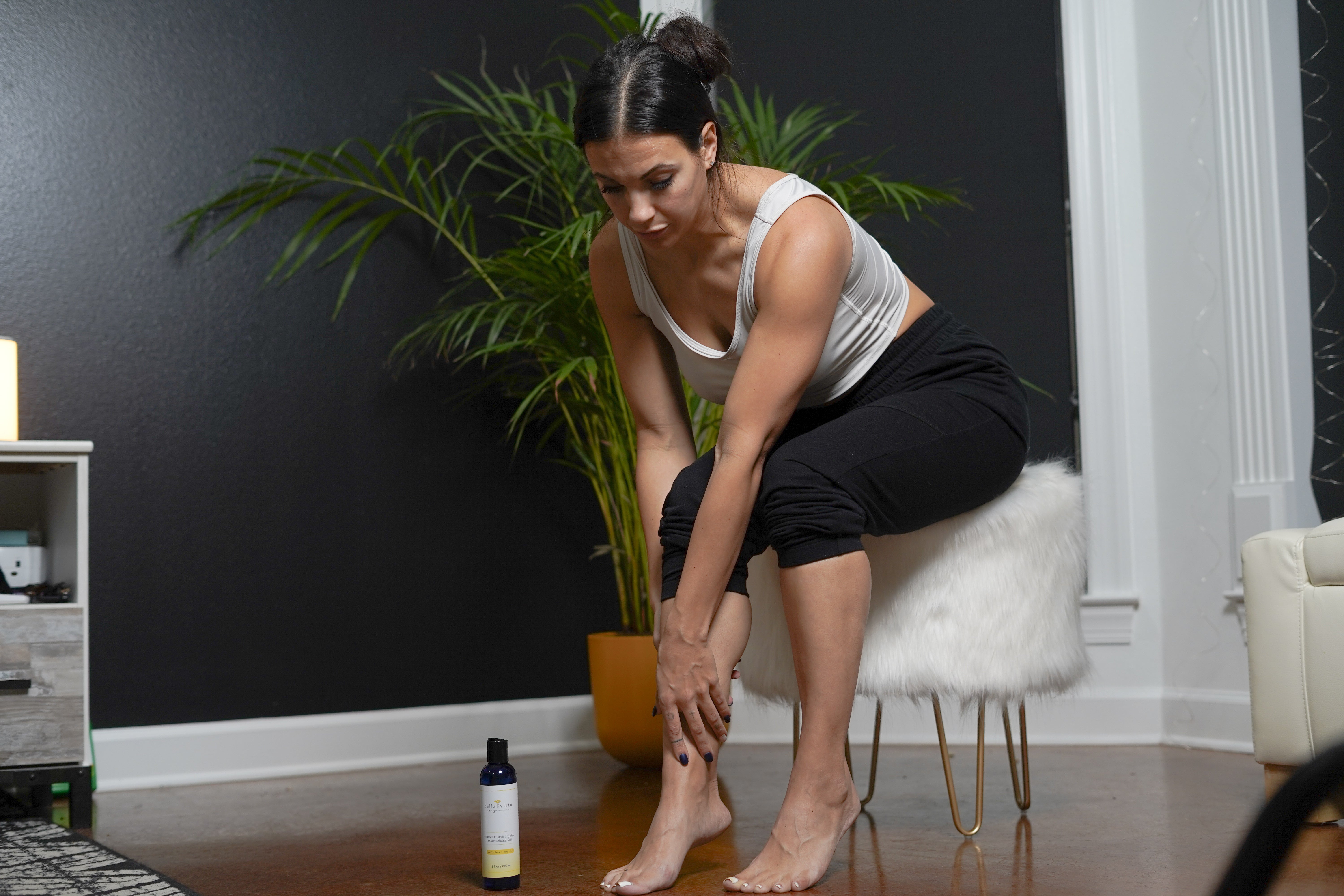Applying foundation or concealer to flaky skin on your face can be pretty tricky — unless you want to add another layer of dry, flaky skin on top!
If you're struggling with dry, flaky skin around your nose and cheeks, you're not alone — it's estimated that at least one out of every five Americans experiences some sort of persistent dryness on their face (often in the winter). Fortunately, there are plenty of things you can do to keep your dry, flaky skin under control. So what causes dry flaky skin on the face?
What is Dry Flaky Skin?
If you are experiencing dry flaky skin, it can be a result of many things. Dry skin is an issue that many people suffer from due to the environment they live in, their diet, or other unknown reasons. It is important to know the causes of this dry skin so that you may take steps to remedy the issue before it gets out of hand.
Dry scaly skin is caused by low levels of oils in your body, which can be due to any number of factors such as living in arid climates, having a sensitivity to certain ingredients or food groups (such as dairy), or using harsh soap products for your face or body.
There are many solutions that you can take to remedy dry flaky skin. Still, it is essential to determine why your skin is experiencing dryness. Once you figure out what is causing your issues, you can treat them accordingly. Treating dry scaly skin can be an ongoing process since once you rid yourself of one symptom, another may surface in its place.
Causes of Facial Flaking
Dry skin can be caused by various factors, ranging from poor hydration to allergies to improper skin care. Dry scaly skin, also called dermatitis exfoliativa, is the most common reason for dry flaky skin on face. When this occurs, the outer layer of skin cells sheds more quickly than usual. Symptoms include redness, dry patches that may peel or form scales and intense itchiness.
Dry flaky skin on face can be treated with an over-the-counter moisturizer containing a high concentration of urea or lactic acid to help soften the stratum corneum (outer layer of the epidermis). If a moisturizer doesn't solve the problem, consult your doctor about other options, such as prescription medications or allergy testing.
Treatment Options
It's important to note that dry skin can be caused by various factors, so it is vital to start by figuring out the root cause. For example, if your dry skin is caused by an underlying medical condition such as eczema, rosacea, or dermatitis herpetiformis, then treating that condition will help with the dryness.
If your dry skin is caused by a product you are using, discontinuing the use of that product will often clear up the condition. For example, if you think your dry skin is caused by a new soap or lotion, stop using it to see if your symptoms subside. Also, avoid products that contain alcohol, as alcohol can cause dryness when it comes into contact with the skin.
Work with a qualified dermatologist to create a plan that incorporates proper exfoliation, treatment, and sealing in moisture on a daily basis.
